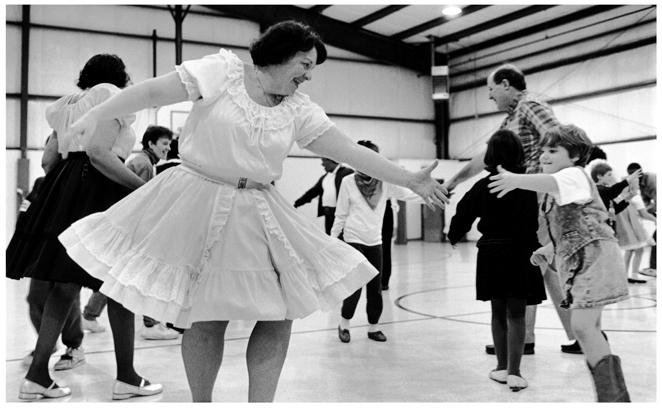
The question of when life begins seems a very peculiar one to me. First of all, we can hardly agree on how to define life. That is, distinguish what is living from what is non-living. For instance, is a prion alive or not? And second, when we can agree that something is alive, just where in the chain of precursor events does non-living matter become living, when invariably, offspring derive from what is already alive in an unbroken circularity of repeated events? A more salient, politically relevant question might be: when does living matter become a person? But the more one understands of how the brain works, of the interaction between genetically driven biochemistry and social experience, of the development of qualities we refer to as personality, of the blinder like limits of consciousness, of the fallibility of learning and logic, of the arbitrariness of categories, and of the near delusional myth of free will, the more one is forced to consider the possibility that "personhood" is just another falsely reasoned and wholly arbitrary construction of thought with no real basis in biological reality. However, no earnest and loving parent would ever accept that conclusion as valid. So, what is the answer? I have a suggestion for a not completely new, but certainly, in the present social and political context, novel way we might reconsider the question of when personhood begins. Suppose we redefine a person as: an information processing, self-aware, self-organizing, self-directing entity, capable of communicating with and responsibly relating to similar such entities. The advantage of such a definition is that using it, an elated parent can actually point to the moment when relating communication between parent and offspring begins and family is born. Sadly, one would also be able to reliably point to the moment when such relating communications end, and family, friendships, or individuals cease to exist. Such a definition might also serve well to guide education, remedial social services, and the writing of social and economic policies by helping to illuminate when, where, and how such services and policies are, or are not, working to further the development and commitment of vibrantly functioning citizenry. Lost souls would be easier to spot and potentially easier to help because knowing what one is looking for and hoping to do always works better than mindlessly going through the motions, or aimlessly wandering and tripping in the dark. As to whether or not a brain dead human or minimally developed human embryo is a person? Using such a definition, the answer becomes more obvious. Of course, problems of outraged human ego arise when, using such a definition, one is forced to consider the inevitability that an autonomous mechanical robot might be a person. We are such fickle creatures. |
• Posted: Mar 13, 2009 12:55:00
• Comments Welcome
• Vote CoolPhotoblogs
• Purchase a Print
• Share
Saturday, November 3rd, 1990 Chicago IL USA |